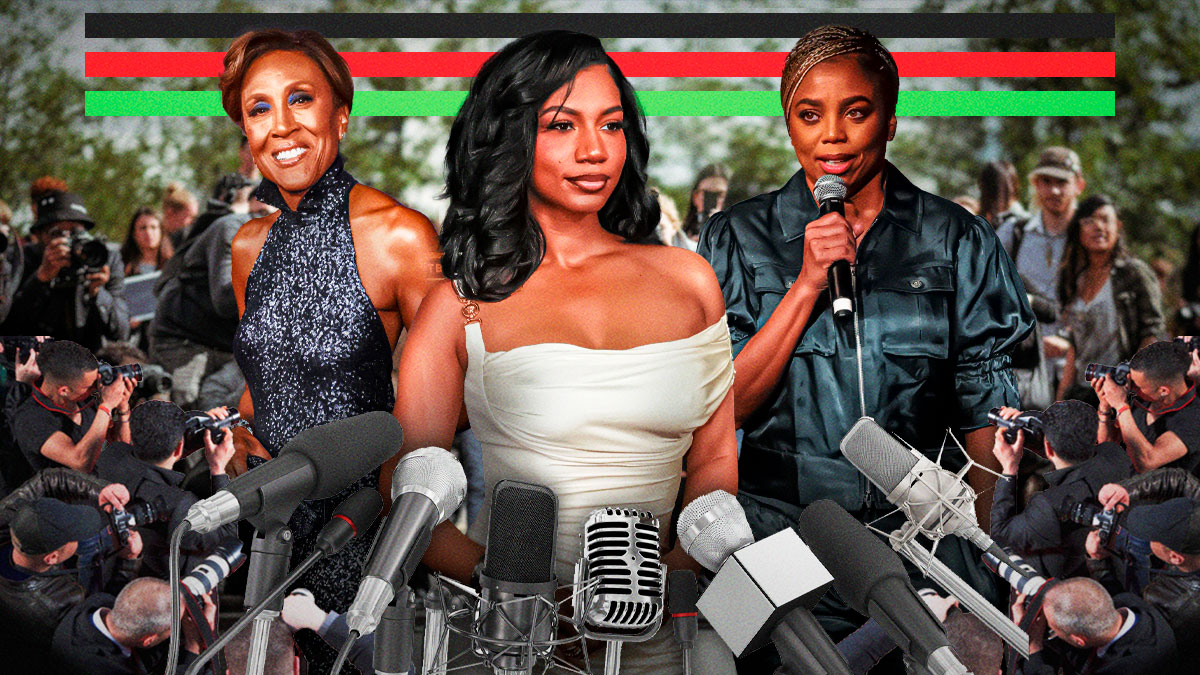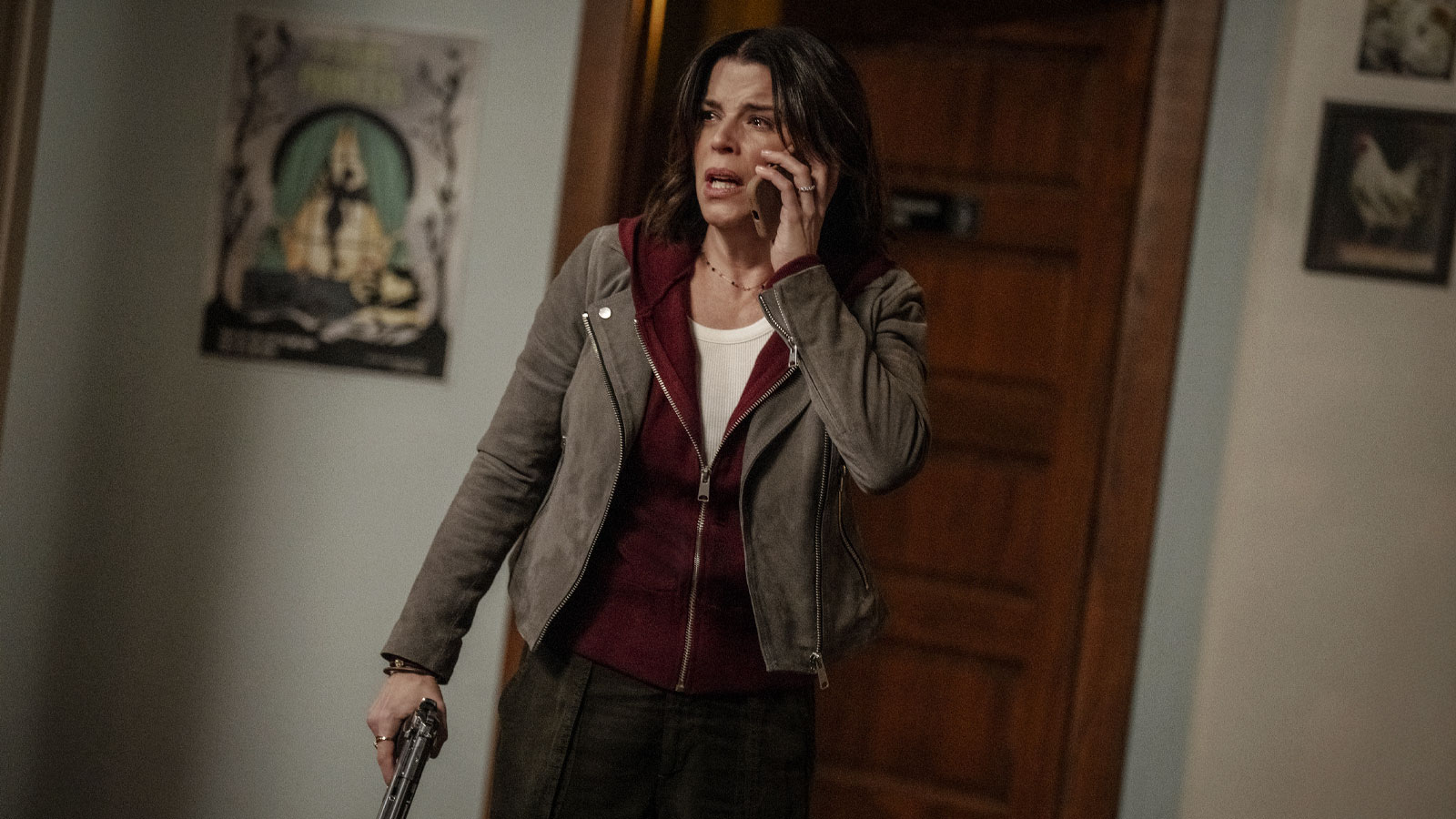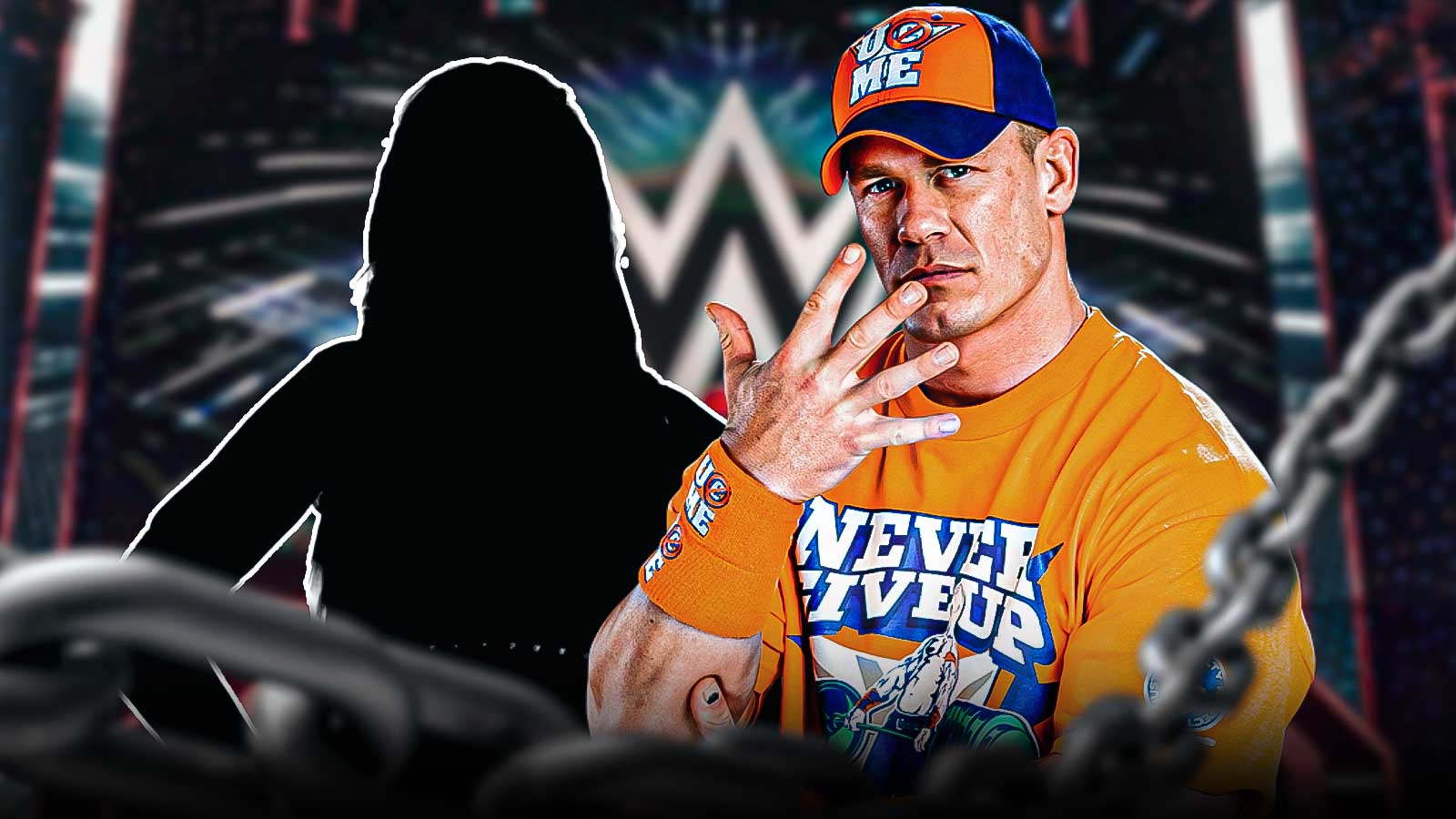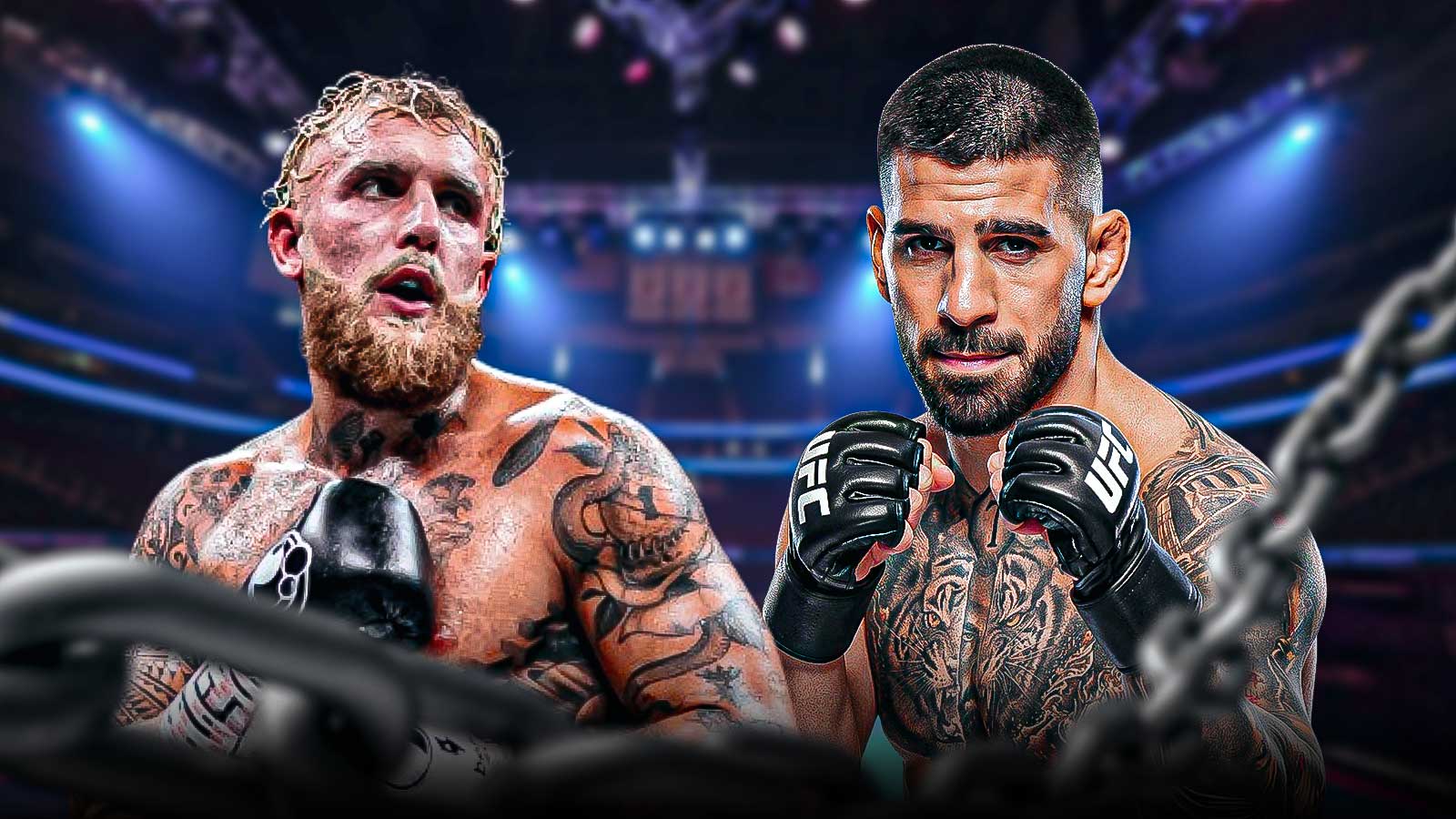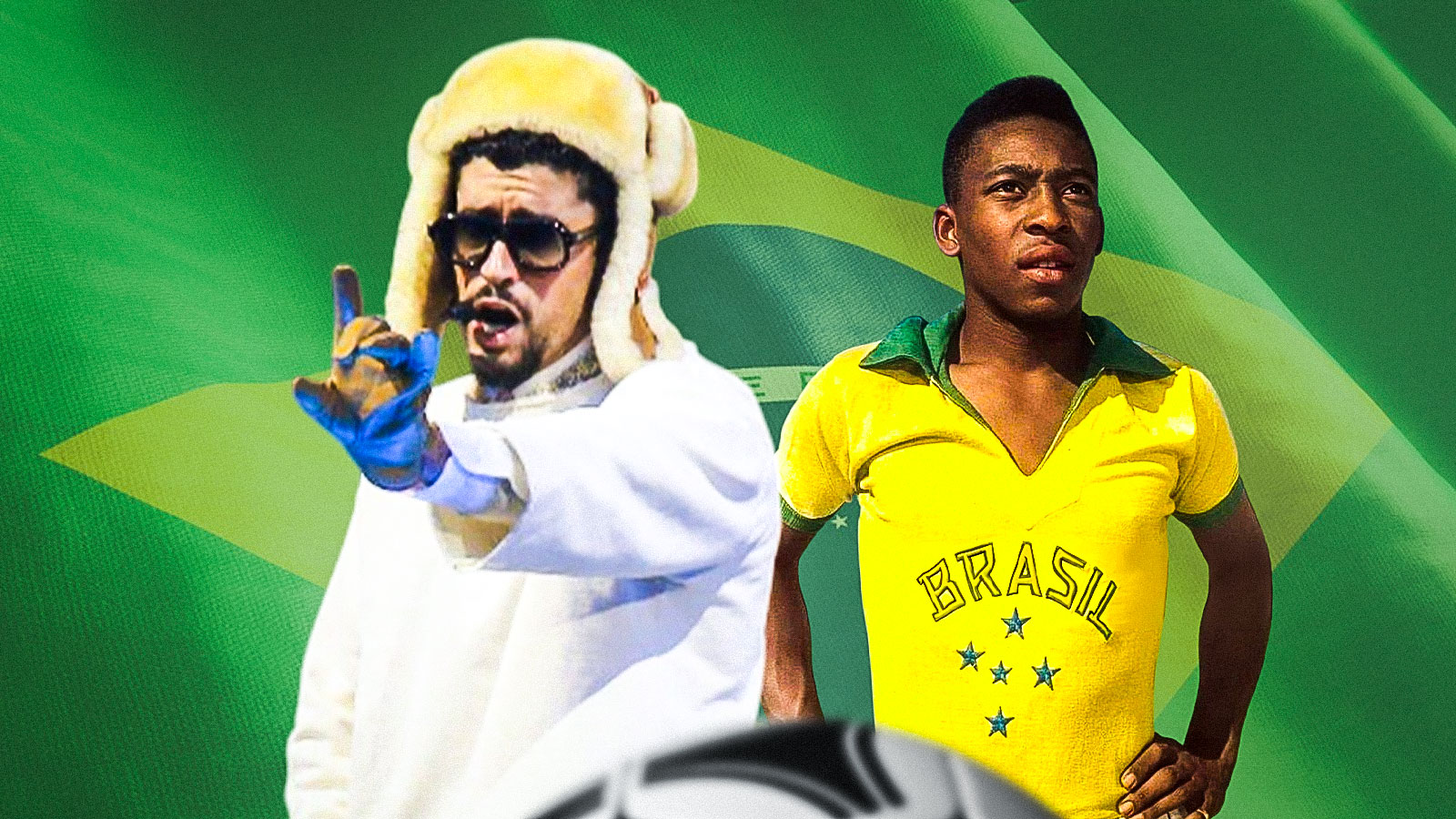Let’s take a step back for a moment as we reflect on Black History Month. Think about the world of sports media just a few decades ago. Turn on the television, open a newspaper, listen to the radio, and you’d find a particular type of voice dominating the conversation. The loudest, most authoritative figures? Rarely Black. Almost never women. But things change. Barriers fall. And when doors don’t open willingly, trailblazers push them open anyway. Today, Black women are not just part of sports media. They are shaping it. They are leading it. Taylor Rooks, Robin Roberts, Jemele Hill, and Cari Champion represent something bigger than themselves.
They are proof of progress, a reflection of how far we’ve come, and a reminder of how far we still have to go.
Robin Roberts: A Legacy of Excellence
If you’re talking about pioneers, you start with Robin Roberts. She stepped into ESPN in 1990, at a time when few women—especially Black women—were trusted to lead major sports coverage. But here’s the thing about Robin: she didn’t just show up. She thrived.
Her interviews weren’t just interviews. They were masterclasses in grace and preparation. Her presence on SportsCenter wasn’t just a job. It was a signal to every young Black girl watching that they, too, could sit behind that desk one day. Robin went on to become a defining voice on Good Morning America, but make no mistake—her influence in sports journalism will never fade.
She once said, “Dream big, but focus small.” A simple idea, but one that explains exactly how she got here.
Jemele Hill: Unapologetic and Unstoppable
Now, let’s talk about Jemele Hill—a woman who has never been afraid to say exactly what needs to be said.
Some people cover sports as if they exist in a vacuum, separate from the world around them. Jemele doesn’t see it that way. She understands that sports, politics, race, and culture are all intertwined. She built her name at ESPN, rising through the ranks with sharp analysis and fearless commentary. But when she called out systemic racism, when she spoke uncomfortable truths, she was met with resistance.
Did she back down? No. She did what great journalists do—she adapted, she evolved, and she built something bigger. From The Atlantic to her podcast Jemele Hill Is Unbothered, she is making sure the conversations that matter keep happening.
Her philosophy? “You can’t separate sports from society.” And she’s right.
Cari Champion: Always Moving Forward
Then there’s Cari Champion, who didn’t wait for opportunities—she created them.
She put in the work, starting in local sports coverage before making it to ESPN. She stepped into First Take, a show known for heated debates and bigger-than-life personalities, and she held her own. Then she moved to SportsCenter, showing a new level of versatility.
But Cari never settled. She left ESPN to build a broader career, to have conversations that stretch beyond the traditional bounds of sports media. She’s taken risks, and she’s proving every day that Black women don’t have to fit into anyone’s box.
“If you know your worth, you’ll never settle for less.” That’s how she approaches her career. It’s also a lesson for anyone paying attention.
Taylor Rooks: The Future of Sports Storytelling
Finally, there’s Taylor Rooks—the next generation. The new model for what sports media can be.
Taylor isn’t just interviewing athletes. She’s connecting with them. She’s making them feel seen, heard, understood. It’s not about getting a headline or forcing a moment. It’s about trust. It’s about respect.
She’s doing it her way, bringing authenticity into a space that sometimes forgets athletes are human beings first. Whether it’s on Bleacher Report or Amazon’s Thursday Night Football, Taylor is showing why the future of sports media looks different—and why that’s a good thing.
She once said, “I don’t just want to ask questions—I want to understand people.” That’s why she stands out.
More Than Just Media, More Than Just Sports
Look, this isn’t just about four women. This is about change. It’s about representation. It’s about making sure that when the biggest sports stories unfold, Black women are part of the conversation—not as guests, not as exceptions, but as leaders.
The industry still has work to do. More doors need to open. More voices need to be heard. But one thing is certain: Robin, Jemele, Cari, and Taylor have ensured that Black women in sports media are here to stay.
And if history tells us anything, they’re just getting started.

